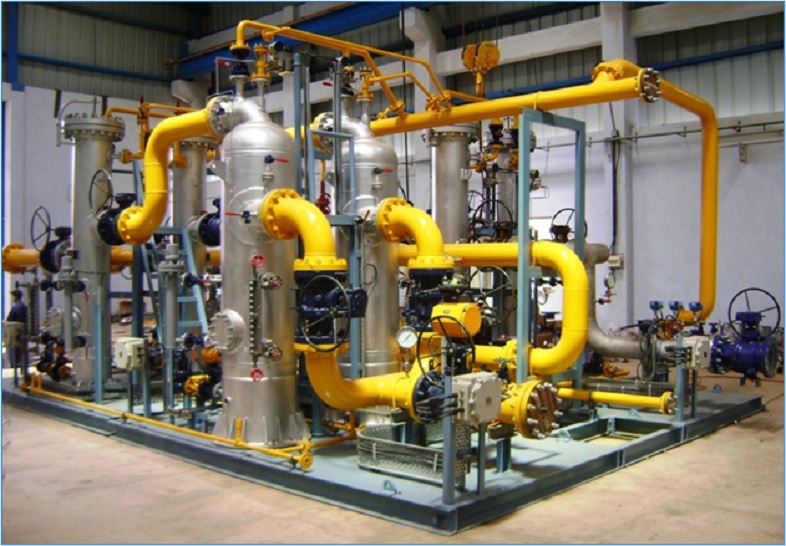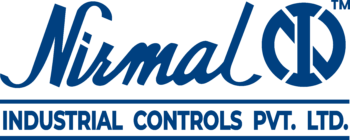
-
March 6, 2023
- 0 Comment
Fuel Gas Conditioning Skid
Gas conditioning is a critical part of several industrial applications and energy processes.
What is Fuel Gas?
Fuel gas usually refers to any natural gas fuel that is gaseous under normal conditions. Fuel gas can be used in reciprocating engines, boilers, fired heaters, and power plant turbines. Gaseous fuel, however, includes refinery gas, pipeline gas, wellhead gas, and lean gas. Many fuel gases contain hydrocarbons, hydrogen, carbon monoxide, and more.
What Is Gas Conditioning?
In this blog post, we will mainly discuss the conditioning of pipeline, wellhead, or compressed gas to meet turbine manufacturers’ requirements. After leaving the pipeline, fuel gas often has entrained liquids and solids that need to be separated.
Often confused with gas processing, fuel gas conditioning does not change gases at a molecular level, but instead refers to the separation and removal of liquids and solids. Gas conditioning enhances the quality of the fuel by getting rid of unnecessary particles and condensate while regulating temperature and pressure.
Why Condition Fuel Gas?
Most importantly, fuel gas must be conditioned to ensure the safety of all workers and personnel involved in the project. Gas conditioning also helps maximize productivity and minimize costs by reducing equipment maintenance.
What Happens When Fuel Gas Isn’t Conditioned?
Fuel gas that is not conditioned runs the risk of combustion which can lead to the loss of life. Gas that has not been treated may also wreak havoc on machine parts and cause erosion. Solids and particles can get lodged in the fuel nozzles and create plugs that can also cause leaks (which may lead to explosions if led back to the source).
Clean fuel burns more efficiently and increases the amount of power a turbine can produce. The turbine operates cooler and releases fewer pollutants as a result. Less maintenance is needed which saves operators more money in the long run.
What Is a Fuel Gas Conditioning Skid?
Fuel gas conditioning systems are sometimes skid-mounted for easier transportation and storage. Fuel gas conditioning systems are usually comprised of a scrubber, gas heater, pressure control, filtration, and occasionally temporary gas storage for fuel switching.
